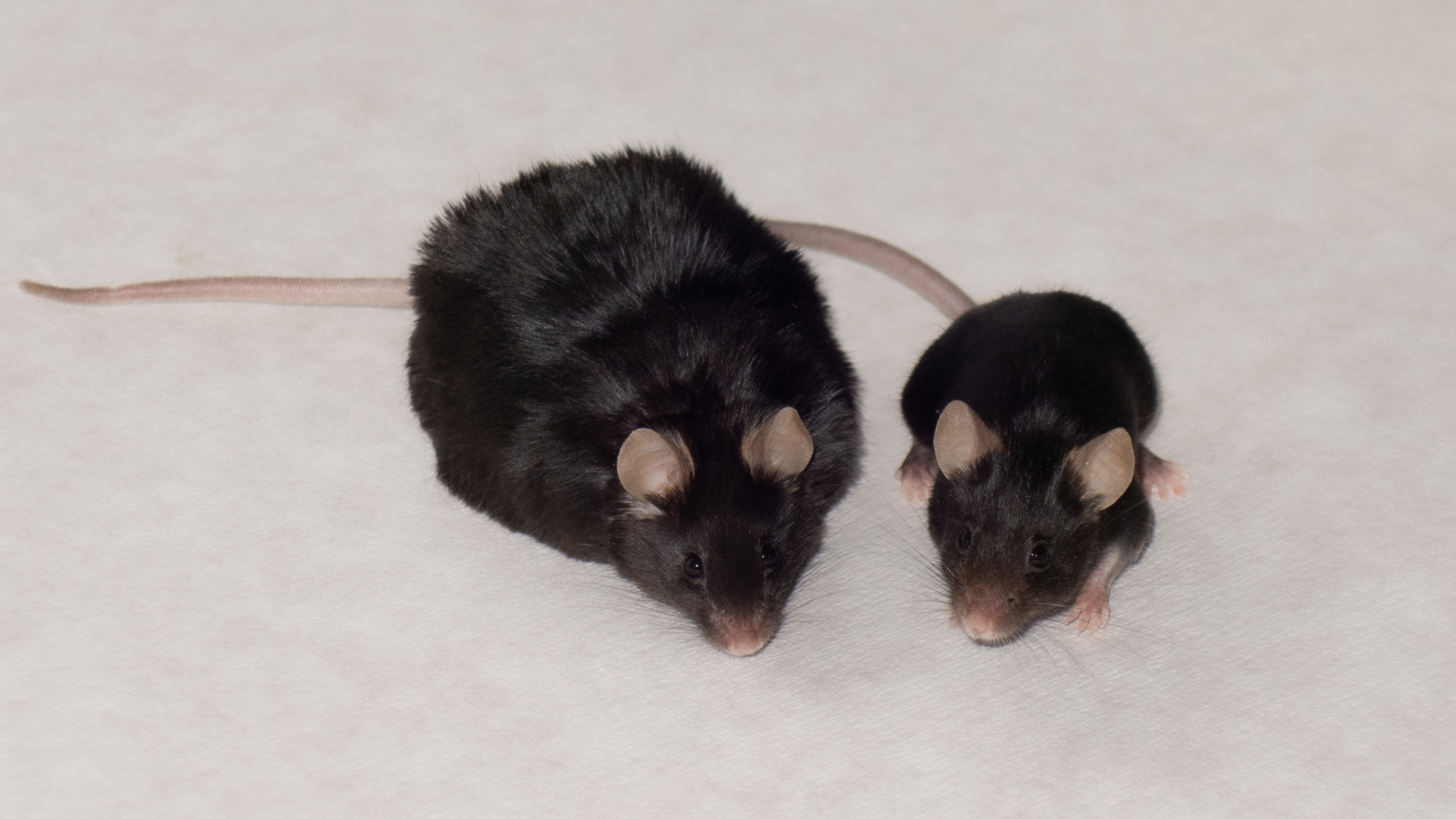Hungarian Researchers Discover Links Between Obesity and Cancer by Studying Chubby Mice
Obesity is now known to cause inflammation throughout the entire body. This prolonged, low-grade inflammatory state may underlie the development of diabetes and several types of cancer, although the causal links are not yet fully understood. To gain a better understanding of these processes, researchers at HUN-REN BRC conducted experiments on mice and published their findings in the International Journal of Obesity.

"Obesity, or obesitas as it is scientifically known, has now become a global epidemic. According to the World Health Organization (WHO), in 2016, 39% of adults were overweight, and 13% of the world's adult population was classified as obese. Numerous epidemiological studies confirm that obesity as a risk factor significantly contributes to the development of diabetes, cardiovascular diseases, and various types of cancer," said Erzsébet Melinda Tóth, a researcher at the Laboratory of Molecular Stress Biology of the HUN-REN Biological Research Centre in Szeged and one of the study's authors. She emphasised that obesity is often associated with poor nutrition and a sedentary lifestyle, which are additional important risk factors in the development of many diseases. Recently, obesity was identified as a major risk factor during the coronavirus pandemic.
"Adipose tissue functions not only as an energy store but also as a site for the production of several hormone-like factors (proteins), cytokines, and adipokines. Excess body fat can elevate the levels of these proteins, leading to more frequent cell division. This increases the likelihood of cancer cell formation and promotes tumour growth. Additionally, obesity is associated with systemic or whole-body inflammation, with pro-inflammatory immune cells accumulating in adipose tissue. Chronic, long-lasting inflammation is also linked to excessive production of free radicals, which can damage the genetic material of cells and further heighten the risk of cancer," explains Gábor Szebeni, senior research fellow at the HUN-REN BRC Laboratory of Functional Genomics and co-author of the study.
Obesity has been linked to at least thirteen types of cancer, including breast, colorectal, oesophageal, kidney, gallbladder, uterine, pancreatic, and liver cancers. It also increases the risk of dying from cancer and can affect treatment options, according to HUN-REN BRC researchers. About 4-8% of all cancers are attributed to obesity. Although there has been limited research into how weight loss can reduce cancer risk, there is growing evidence of a positive association—that is, weight loss may reduce the risk of certain cancers, such as postmenopausal breast cancer, endometrial cancer, and colorectal cancer.
In their experiments, the Hungarian researchers used two types of "diets": one group of mice was fed a high-fat diet, a commonly used experimental model to study diet-induced obesity, particularly symptoms such as hyperlipidaemia. However, this model does not fully capture the unhealthy eating habits typical of humans, as the so-called Western diet is characterised not only by high fat content but also by excessive intake of refined carbohydrates. In this study, the researchers focused on the effects of fructose, a carbohydrate whose daily intake has significantly increased in recent decades due to the overconsumption of sugary soft drinks and sweets. To better model the Western diet, the second group of mice was given fructose-supplemented water in addition to high-fat diet.
"In our experiment, some abnormalities, such as high serum cholesterol levels or signs of systemic inflammation, were typical of mice on both diets. However, other symptoms were significantly exacerbated by the combination of high-fat and high-fructose diets, including weight gain, fatty liver, and the degree of insulin resistance. In addition to extra calories, these effects may be related to the specific properties of fructose. Previous research has shown that excessive fructose consumption can lead to increased nutrient absorption, and triglycerides resulting from the excess can accumulate in the liver, increasing the risk of non-alcoholic fatty liver disease and insulin resistance. Overall, a balanced diet, reduced calorie intake, and moderate consumption of refined carbohydrates, combined with regular exercise, can reduce the risk of developing many chronic diseases," concludes Erzsébet Melinda Tóth.

